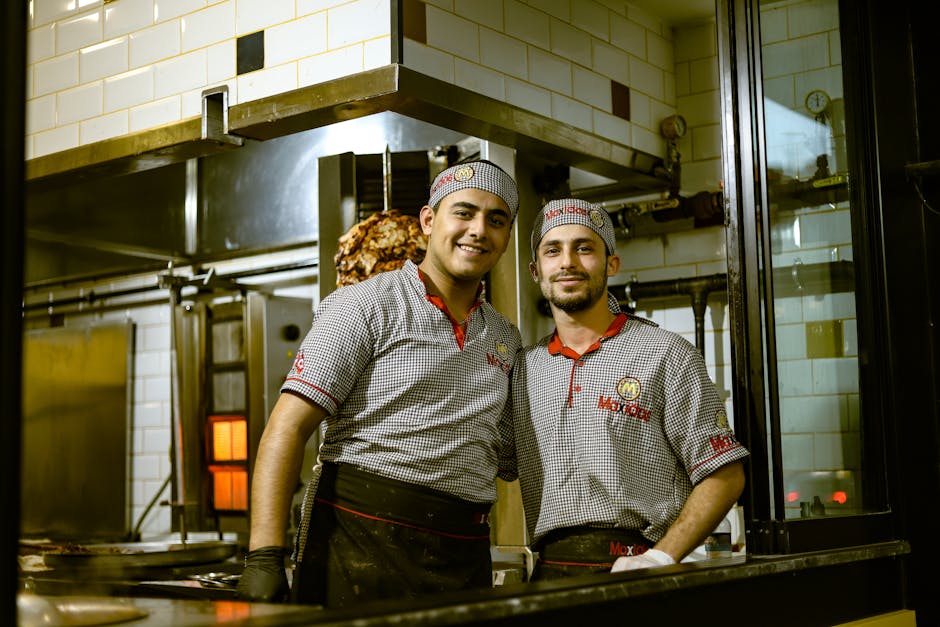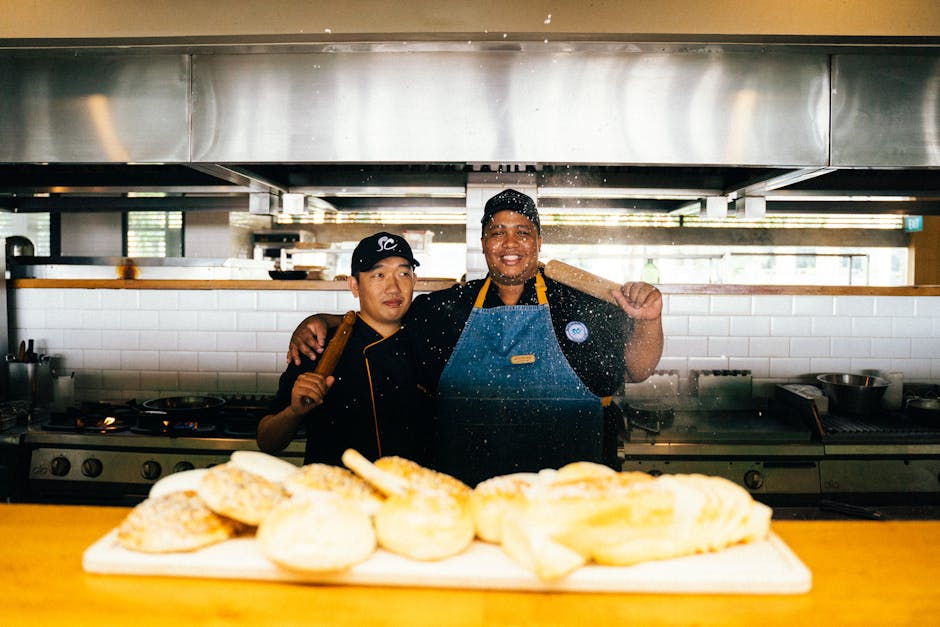Skilled Chefs Driving Growth in GCC Hospitality
The Evolving GCC Hospitality Landscape
The Gulf Cooperation Council’s tourism sector is booming. Governments are actively diversifying away from oil, investing heavily in tourism infrastructure and world-class events. However, a beautiful hotel is no longer enough to attract discerning international visitors. Today’s travelers seek authentic, memorable experiences, and fine dining sits at the top of that list. Therefore, the presence of acclaimed chefs has become a critical differentiator in a crowded and competitive market.
How Culinary Talent Fuels GCC Hospitality Growth
Skilled chefs contribute to hospitality growth in multiple, tangible ways. They create destinations within destinations, turning restaurants into headline attractions.
Elevating Brand Prestige and Global Recognition
A renowned chef brings instant credibility and media attention. Moreover, their name on the door attracts food critics, influencers, and gourmands from across the globe. This association transforms a restaurant from a mere dining option into a must-visit culinary hotspot. Subsequently, this elevated status directly benefits the entire hotel or resort, driving room bookings and enhancing its overall brand value.
Direct Revenue Generation and Increased Profitability
Exceptional dining experiences command premium prices. Skilled chefs design menus that maximize value and improve profit margins while maintaining quality. Additionally, a top-tier restaurant increases average spend per guest and encourages longer stays. According to a report by Deloitte, food and beverage revenue is a key growth driver for hotel profitability worldwide.
Attracting a Diverse and High-Spending Clientele
Culinary excellence appeals to a broad spectrum of guests. Firstly, it attracts luxury travelers seeking sophisticated experiences. Secondly, it draws local residents, which creates a vibrant atmosphere and ensures revenue beyond the tourist season. This diverse clientele builds a more resilient business model for GCC hospitality operators.
Key Areas Where Skilled Chefs Make an Impact
Menu Innovation and Fusion Cuisine
Talented chefs expertly blend local Arabian flavors with international techniques. This innovation creates a unique culinary identity for the GCC, moving beyond imported concepts. For example, using dates, saffron, and camel meat in modern gastronomy tells a local story on a global plate.
Sustainability and Local Sourcing
Modern chefs are leading the charge on sustainability. They partner with local farms and fisheries through initiatives like the UAE’s National Food Security Strategy. This practice reduces the carbon footprint, supports the local economy, and provides guests with ultra-fresh, traceable ingredients.
Operational Excellence and Kitchen Leadership
Beyond cooking, skilled chefs are exceptional leaders. They train and mentor the next generation of local culinary talent, raising the entire region’s standards. This knowledge transfer is crucial for the sustainable growth of the GCC’s hospitality sector.
Case Studies: Chefs Driving Success in the GCC
Several examples highlight this trend. Firstly, the arrival of international Michelin-starred chefs in Dubai and Abu Dhabi has generated immense publicity. Secondly, homegrown talent is gaining international acclaim, showcasing the region’s potential. For instance, restaurants led by famous chefs consistently rank in the World’s 50 Best Restaurants lists, drawing global food tourism to the GCC.
Challenges in Recruiting and Retaining Top Chef Talent
Despite the opportunities, challenges remain. The competition for top-tier culinary talent is fierce globally. Furthermore, retaining these chefs requires creating an environment where they can thrive creatively and professionally. Success hinges on offering competitive packages, creative freedom, and strong support systems. Partnering with a specialized HR resource can streamline this complex recruitment process.
The Future of Culinary Leadership in GCC Hospitality
The future will see a greater emphasis on hyper-local and personalized dining experiences. Chefs will continue to be central figures in branding and marketing campaigns. Moreover, as Saudi Arabia’s Vision 2030 unfolds, new culinary destinations will emerge, creating even more demand for skilled chefs driving growth in the region’s hospitality vision.
Investing in Culinary Talent: A Strategic Imperative
For GCC hoteliers and restaurateurs, investing in skilled chefs is no longer optional; it is a strategic necessity. This investment includes:
- Competitive compensation and benefits packages
- Support for continuous skills development
- Building a culture that values culinary innovation
- Providing the tools and ingredients needed for excellence
Ultimately, the chef’s role has evolved from back-of-house operator to front-line growth driver.
Frequently Asked Questions
How are skilled chefs driving growth in the GCC hospitality industry?
Skilled chefs drive growth by creating world-class dining destinations that attract tourists, generate significant media attention, and command premium pricing. They enhance the overall brand value of a hotel or resort, directly increasing room bookings and food and beverage revenue.
What impact do celebrity chefs have on GCC tourism?
Celebrity chefs act as major tourist attractions. Their presence generates global publicity and draws food enthusiasts specifically to the region, increasing visitation rates and extending the average length of stay, which boosts overall tourism spending.
Why is local ingredient sourcing important for chefs in the GCC?
Local sourcing supports sustainability, reduces import costs, and provides ultra-fresh ingredients. It also allows chefs to create a unique regional culinary identity, telling a local story through their dishes that international travelers find authentic and appealing.
What are the biggest challenges in hiring skilled chefs for the GCC region?
The primary challenges include intense global competition for top talent, navigating visa and sponsorship regulations, and meeting high salary expectations. Additionally, retaining chefs requires offering creative autonomy and a supportive work environment.
How can hospitality businesses in the GCC attract the best culinary talent?
Businesses can attract top chefs by offering competitive compensation, state-of-the-art kitchen facilities, opportunities for creative menu development, and a clear path for career advancement. Partnering with a specialized HR consultancy with expertise in the hospitality sector can also provide access to a wider global talent pool.
Conclusion: The Recipe for Future Success
In conclusion, the link between skilled chefs and hospitality growth in the GCC is undeniable and powerful. These culinary professionals are fundamental to the region’s transformation into a leading global tourism destination. They create unique experiences, drive revenue, and build lasting brand prestige. Finally, for stakeholders looking to capitalize on this trend, the strategy is clear: prioritize culinary excellence as a core investment. To summarize, the future of GCC hospitality will be written not just by architects and designers, but by innovative chefs driving growth. Book an appointment with our hospitality HR experts to discuss how you can attract the culinary talent needed to fuel your growth.




